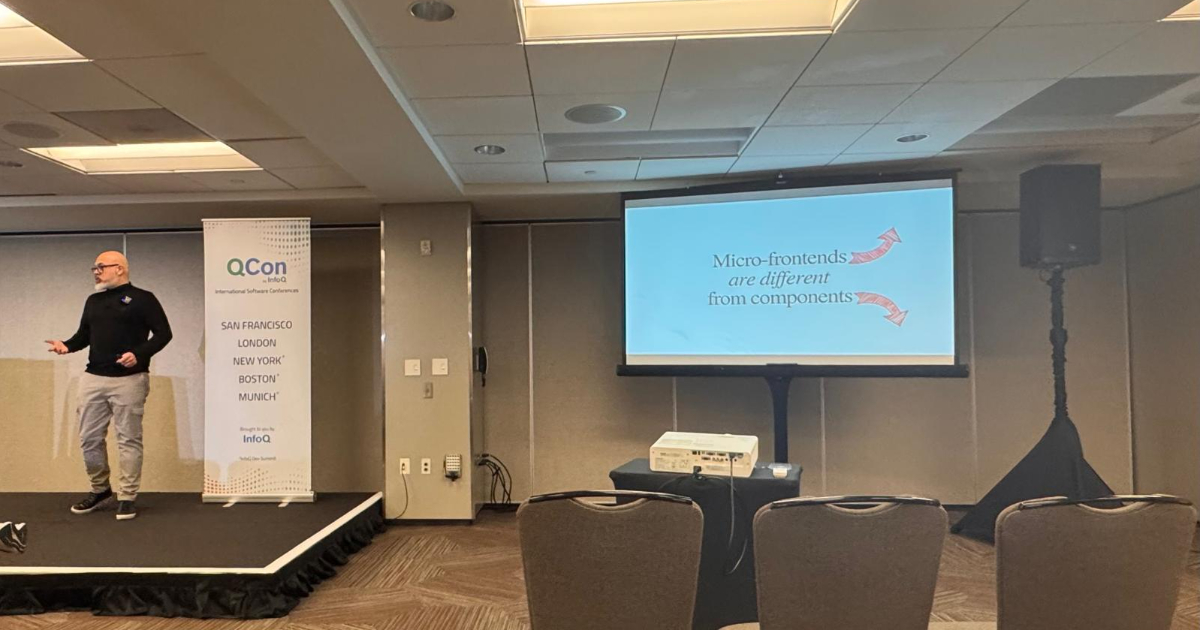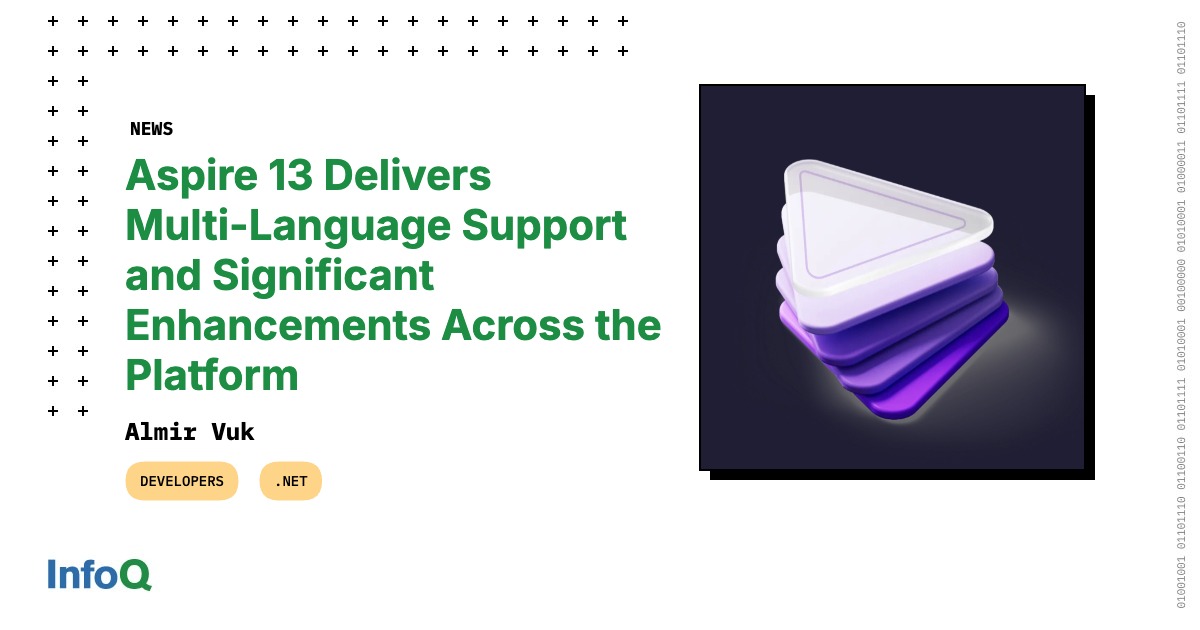Codetown
Codetown ::: a software developer's community
What is Computational Linguistics?
Tags:
Replies to This Discussion
-
Permalink Reply by Jim White on November 22, 2011 at 11:01pm
-
Commercial applications of computational linguistics have been growing by leaps and bounds. IBM created a new poster child for the field with their Jeopardy champion Watson, and most everyone has used Google Translate and/or Voice by now (and fewer yet will have escaped interacting with an Automated Voice Response system). Commercial segments making significant use of NLP include web marketing, medicine, biomedical research, finance, law, and customer call centers.
In the most general terms, computational linguistics is applying computational methods to problems in linguistics. Linguistics then is the study of human language in all its aspects. Although it hasn't received a lot of press until recently, computational linguistics has been around pretty much since the development of the computer. One of the first uses of digital computers (and a key impetus for their development) was in code breaking, which is an application of "compling" (I know, it looks like a typo for "compiling" but CL looks like Common LISP to me). The Association for Computational Linguistics (ACL), the largest and oldest scientific and profssional society in the field, will hold its 50th annual conference next July.
Being such a broad field there are of course many specializations and various communities with differing objectives and vocabularies. Folks primarily focused on engineering computer systems that process human language at a level deeper than simply character strings are generally under the Natural Language Processing (NLP) banner. The commercial success of CL applications and the focus on some problems other than the traditional NLP ones (translation, text understanding, and speech recognition and generation) has spawned Text Analytics as another subfield that is closely associated with Business Intelligence (itself largely commercial application of machine learning methods). Perhaps the biggest focus of Text Analytics has been on sentiment analysis, which assesses a speaker's attitude or mood in something they've said or written (we usually say "speaker" even when the medium is written or typed). There are many businesses that use sentiment analysis on the web to find out what folks are saying about them and their products, in call centers for quality control, and in finance to predict future prices. Applications in law and government include "e-discovery" and smart OCR systems. Lastly, and far from leastly, is compling in the medical field and the specialized domain knowledge it calls for which is known as bioinformatics. Bioinformatics may well be compling's "killer app" because of the tremendous opportunity to do good. Answering technical questions for medical practitioners is the application IBM has targeted as Watson's "day job".
This is a big topic and I have lots I would like to say, so I intend to drop in here often. So stay tuned!~~~~ Jim White
-
-
Permalink Reply by John Considine on November 23, 2011 at 10:01am
-
On a similar note: This fall a colleague of mine informed me of a class being offered by two Standford professors. It is Introduction to Artifical Intelligence (ai-class.com). I signed up for the course along with 138,000 other students. It has been interesting to see some of the therories and formulas used to help the computer find the correct answer. Prior to starting the class, I did not realize it is mostly related to statistics. I just finished the midterm and will hopfully learn alot more as the course continues.
-
-
Permalink Reply by Eric Lavigne on November 25, 2011 at 12:33pm
-
Next semester Stanford is offering a wider variety of online courses. One of them is specifically on natural language processing:
There are also some other courses that would make good follow-ups to the AI course.
Machine learning: http://jan2012.ml-class.org/
Probabilistic graphical models: http://www.pgm-class.org/ (These are the kinds of graphs you saw in the AI course - not about pictures)
Game theory: http://www.game-theory-class.org/
-
-
Permalink Reply by Michael Levin on November 25, 2011 at 12:53pm
-
Excellent. Thanks, Eric!
Eric Lavigne said:Next semester Stanford is offering a wider variety of online courses. One of them is specifically on natural language processing:
There are also some other courses that would make good follow-ups to the AI course.
Machine learning: http://jan2012.ml-class.org/
Probabilistic graphical models: http://www.pgm-class.org/ (These are the kinds of graphs you saw in the AI course - not about pictures)
Game theory: http://www.game-theory-class.org/
-
Notes
Welcome to Codetown!
 Codetown is a social network. It's got blogs, forums, groups, personal pages and more! You might think of Codetown as a funky camper van with lots of compartments for your stuff and a great multimedia system, too! Best of all, Codetown has room for all of your friends.
Codetown is a social network. It's got blogs, forums, groups, personal pages and more! You might think of Codetown as a funky camper van with lots of compartments for your stuff and a great multimedia system, too! Best of all, Codetown has room for all of your friends.
Created by Michael Levin Dec 18, 2008 at 6:56pm. Last updated by Michael Levin May 4, 2018.
Looking for Jobs or Staff?
Check out the Codetown Jobs group.
InfoQ Reading List
Creating Impactful Software Teams That Continuously Improve

Culture shapes how we feel, work, and succeed, says Natan Žabkar Nordberg. People thrive in different environments—some need autonomy, others structure. Trust must be given first, not earned. Leaders should guide, not control, fostering autonomy and safety.
By Ben LindersLessons Learned in Migrating to Micro-Frontends by Luca Mezzalira at QCon SF

Dynamic technology leader with expertise in transitioning from monolithic to micro-frontend architectures. Advocate for prioritizing architectural intent and cultural changes alongside development. Skilled in optimizing team autonomy, enhancing agility, and streamlining deployment strategies to facilitate rapid, sustainable growth, all while ensuring effective communication and state management.
By Steef-Jan WiggersAspire 13 Delivers Multi-Language Support and Significant Enhancements Across the Platform

Aspire 13 has been released as a major milestone in the platform's evolution. As reported by the team, Aspire is no longer branded as “.NET Aspire” and is now positioned as a full polyglot application platform. According to the announcement, version 13 brings first-class support for Python and JavaScript alongside existing .NET capabilities, marking a significant shift forward.
By Almir VukPresentation: Your Platform is Not an Island: Embracing Evolution in Your Ecosystem

Rachael Wonnacott explains why DevEx is a lever, not the destination. Discover the risks of treating your platform as an isolated product and learn how to balance trade-offs between technical expertise, productivity, and business impact for achieving enterprise-scale success.
By Rachael WonnacottBuoyant Announces MCP Support for Linkerd, Extending Service Mesh Capabilities to Agentic AI Traffic

Buoyant, the company behind the open-source Linkerd service mesh, announced that Linkerd now supports the Model Context Protocol (MCP), making it the first service mesh to natively manage, secure, and observe agentic AI traffic in Kubernetes environments.
By Craig Risi
© 2025 Created by Michael Levin.
Powered by
![]()